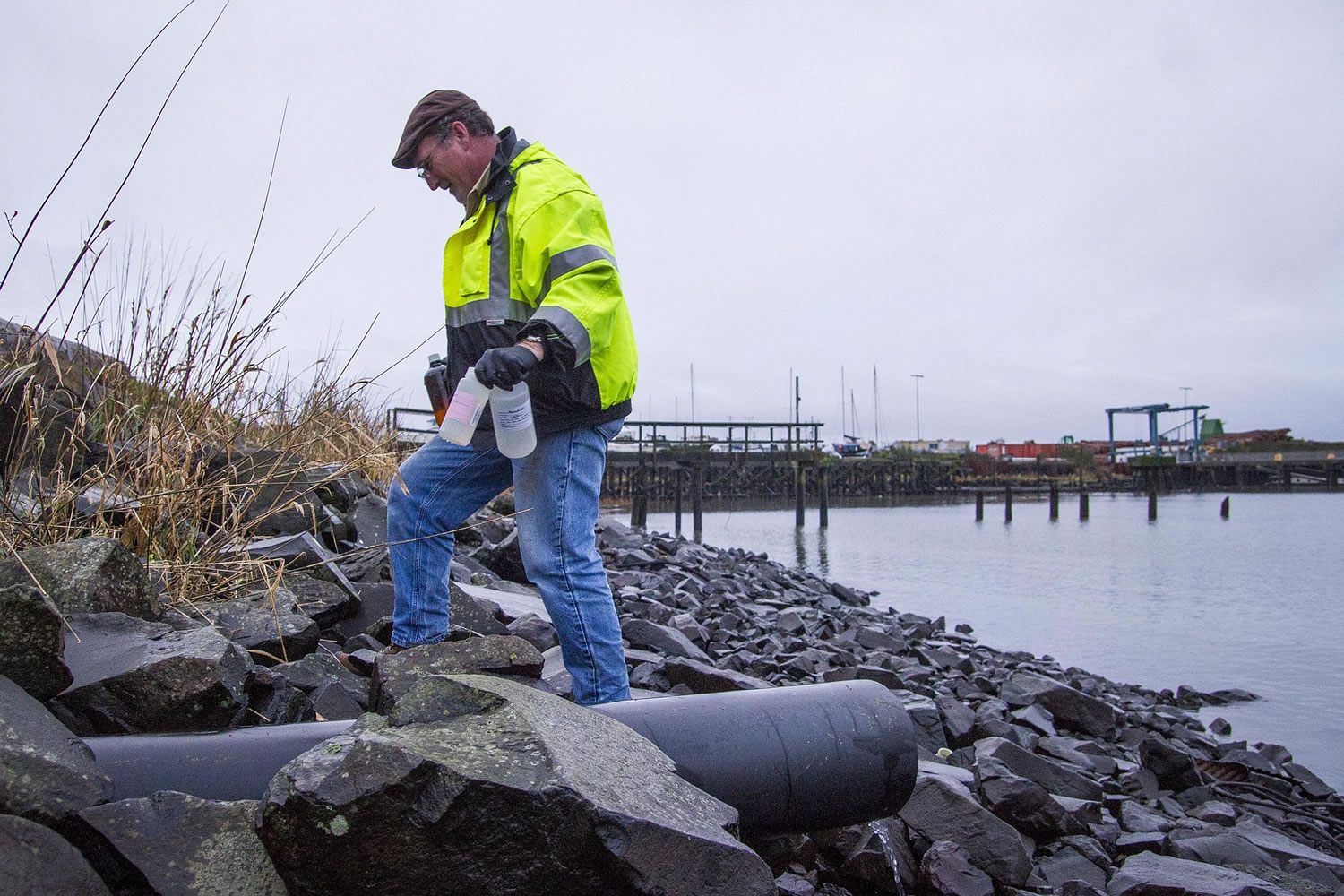GRANTS PASS, Ore. (AP) — Federal regulators ruled Friday that Oregon logging rules do not sufficiently protect fish and water from pollution caused by clear-cutting too close to streams, runoff from old logging roads, landslides and sites sprayed with pesticides.
NOAA Fisheries Service and the U.S. Environmental Protection Agency filed their decision in a long-running negotiation with Oregon over meeting the standards of the Coastal Nonpoint Pollution Program, a provision of the National Coastal Zone Management Program.
The ruling was triggered by a lawsuit filed by environmentalists.
Oregon is the first state cited for failing to meet the pollution standards since the program started in 1990. The state could lose access to some federal grants until the problems are fixed.
However, EPA regional administrator Dennis McLerran and NOAA Fisheries regional administrator Will Stelle said they hoped penalties would not be necessary.
Stelle said tightening Oregon Forest Practices Act rules for logging on private, state and county forests would speed habitat improvements needed to get threatened Oregon coastal coho salmon off the threatened species list.
He added that Washington and California forest practices laws do a much better job of protecting fish and water quality than Oregon regulations.
Richard Whitman, the governor’s natural resources adviser, said the state Board of Forestry is working on the streamside buffer issues. Solutions should be in place by the end of 2016, he said.
Stelle said changes could include increasing the no-logging buffer zones along streams, doing detailed inventories of old logging roads and areas prone to landslides, and increasing no-spray buffer zones to keep pesticides out of the water. The solutions could be a mix of rules and voluntary programs.
The no-logging buffers leave trees standing to shade streams and prevent them from warming to the point they are too hot for fish. The vegetation also serves as a natural filter keeping silt from washing into streams, where it chokes out spawning beds and food for fish.
Even at low levels, pesticides can interfere with a salmon’s sense of smell, which it uses to avoid predators and find its home stream when returning from the ocean to spawn.
Nina Bell of Northwest Environmental Advocates, which won the lawsuit forcing the agencies to enforce the clean water standards, said the federal action was two decades overdue.
“The blame for this shameful disapproval can be squarely laid at the doorstep of Oregon’s forest practices law, the agencies and boards that do nothing to improve forest practices, and the logging industry that maintains a tight political grip on this state,” she said in a statement. “But as for who, honestly, can turn this around, well it rests almost entirely with the governor.”
Bell said the law calls for the agencies to withhold one-third of the federal grants available under the program, which this year would work out to about $1.3 million.



